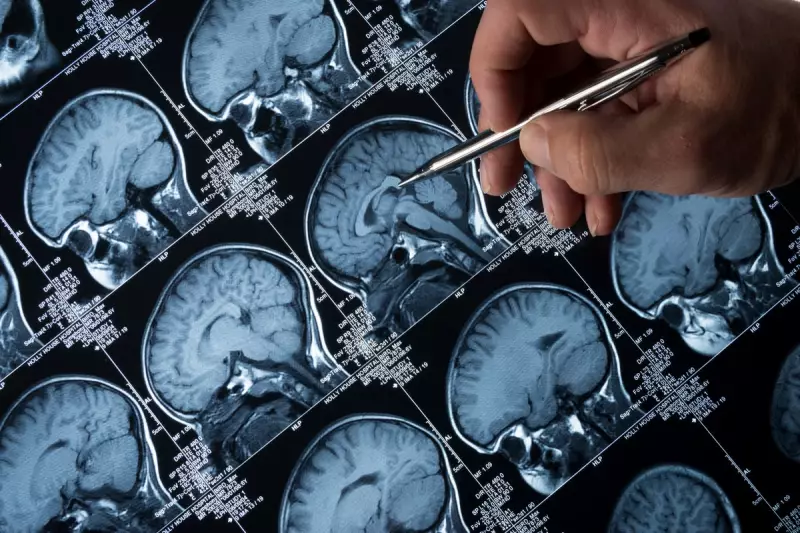
In what could represent a major breakthrough in neurodegenerative disease detection, scientists have discovered that a declining sense of smell may serve as a powerful early warning system for conditions like Alzheimer's and Parkinson's - potentially years before more obvious symptoms emerge.
The Hidden Connection Between Your Nose and Brain Health
Recent research has uncovered a compelling link between olfactory dysfunction and the development of serious neurological conditions. According to studies, individuals experiencing unexplained smell loss may be at significantly higher risk of developing Alzheimer's or Parkinson's disease later in life.
Dr. Andrew Budson, a leading neurologist, explains: "The areas of the brain responsible for our sense of smell are among the first to be affected by Alzheimer's disease. This makes smell testing potentially more sensitive than traditional memory tests for early detection."
How Early Can We Detect These Diseases?
The timeline revealed by research is both remarkable and concerning:
- Alzheimer's disease may begin affecting smell up to 10 years before memory symptoms become apparent
- Parkinson's disease can impact olfactory function approximately 4-6 years before motor symptoms like tremors develop
- Mild cognitive impairment often shows smell deficits 3 years before diagnosis
Simple Tests That Could Save Brain Function
Researchers are developing straightforward smell identification tests that could become routine screening tools in general practice. These inexpensive assessments involve identifying common scents like coffee, cinnamon, or petrol through scratch-and-sniff cards or scented pens.
Professor Leslie Kay from the University of Chicago emphasises: "While not everyone with smell loss will develop neurodegenerative disease, it represents an important risk factor that warrants medical attention, particularly when accompanied by other concerns."
Why This Discovery Matters for Future Treatment
The implications for early intervention are profound. Current treatments for Alzheimer's and Parkinson's are most effective when administered early in the disease process. By identifying at-risk individuals sooner, doctors could:
- Initiate lifestyle interventions that may slow disease progression
- Begin medications at more optimal timepoints
- Enroll patients in clinical trials for emerging therapies
- Provide families with crucial time for planning and support
When Should You Be Concerned?
Medical professionals stress that occasional smell changes are normal, especially during colds or allergies. However, they recommend consulting your GP if you experience:
- Persistent, unexplained smell loss lasting more than a few weeks
- Sudden changes in your ability to detect odours
- Smell distortion where familiar scents seem different or unpleasant
- Complete loss of smell without any obvious cause
While smell testing isn't yet a standard diagnostic tool, this research opens exciting possibilities for earlier detection of some of medicine's most challenging conditions. As research continues, the humble sense of smell may become our most unexpected ally in the fight against neurodegenerative diseases.





